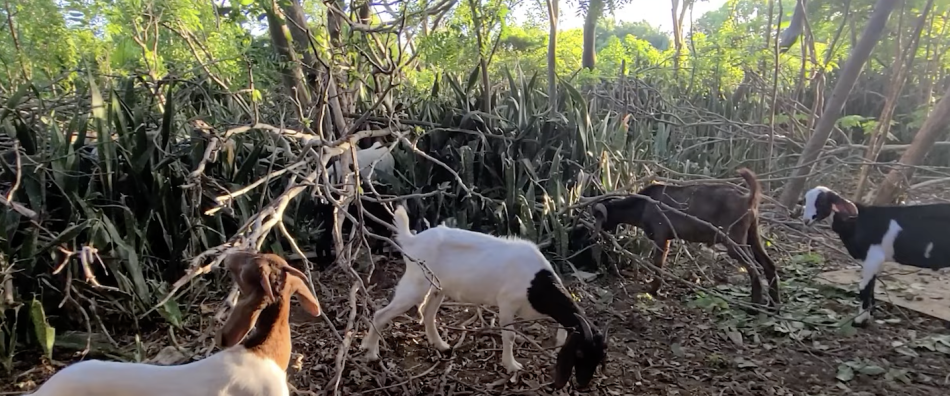Cayman Department of Agriculture reminds the community of legal obligations to care for animals

The Cayman Islands Department of Agriculture is reminding the public of the role played by Animal Welfare and Control Officers concerning the protection and welfare of animals, and what the process is for the community to seek their assistance.
Animal Welfare Officers have a wide range of powers under the Animals Law (2015 Revision), Part IX, sections 84 to 88, to enforce animal welfare, and to investigate and prosecute offenders for animal cruelty offences with the same rights and immunities as RCIPS constables.
“Our community wants to see animals better protected and appropriate consequences administered for those who fail to comply with their legal requirements. For that to be done we rely on the assistance of the community to make an official complaint for these matters to be addressed and investigated as needed,” Erik Bodden, Senior Animal Welfare Officer said.
All animals in the Cayman Islands are entitled to a standard level of care for their welfare, health, and safety under the Animals Law and in accordance with the principles of the Five Freedoms. Individuals responsible for animals – farmed or domesticated – must ensure they meet these key principles:
- Freedom from Hunger, Thirst and Malnutrition
- Freedom from Discomfort (Physical and Thermal)
- Freedom from Pain, Injury, and Disease
- Freedom to Express Normal Behavioural Patterns
- Freedom from Fear and Distress
In addition, people need to ensure that animals are:
- kept confined to their property and not allowed to roam
- are worked, ridden, or used only in ways that are legally and humanely appropriate
- never abandoned.
“Protecting the welfare of all animals in the Cayman Islands is not only the right thing to do, but it is a legal requirement,” Mr Bodden said.
Members of the public who witness or suspect an animal welfare concern are encouraged to file a report/complaint through an established channel, including the location of the animal. An Animal Welfare Officer will visit the location and assess the situation. If required, the Officer will discuss the situation with the owner and identify the necessary improvements through a verbal or written notice.
The owner is given a fixed period of time to implement the changes. In some instances, the animal may be impounded and housed at the Department’s Pound until the recommended improvements are made.
If the situation reaches the threshold of animal neglect or cruelty, Officers can confiscate the animal(s) in question based on safety grounds established from a professional evaluation by a licensed veterinarian. In such cases, Animal Welfare Officers will follow the same investigative procedure as any RCIPS Constable, in gathering all necessary evidence and statements. Once a case file is completed it is then submitted to the Office of the Director of Public Prosecutions (ODPP) who will determine if the matter reaches the standards required for prosecution.
“It’s important for the community to not be afraid of reporting any acts of animal cruelty or animal welfare concerns as our Officers conduct their duties with the strictest level of professionalism and confidentiality for each complaint. Persons should be prepared to assist our Animal Welfare Officers and RCIPS officers in any legal proceedings from a complaint to bring offenders to justice,” Mr Bodden said.
To report animal welfare issues, the public can phone 947-3090 or 916-3051, or email reportanim





